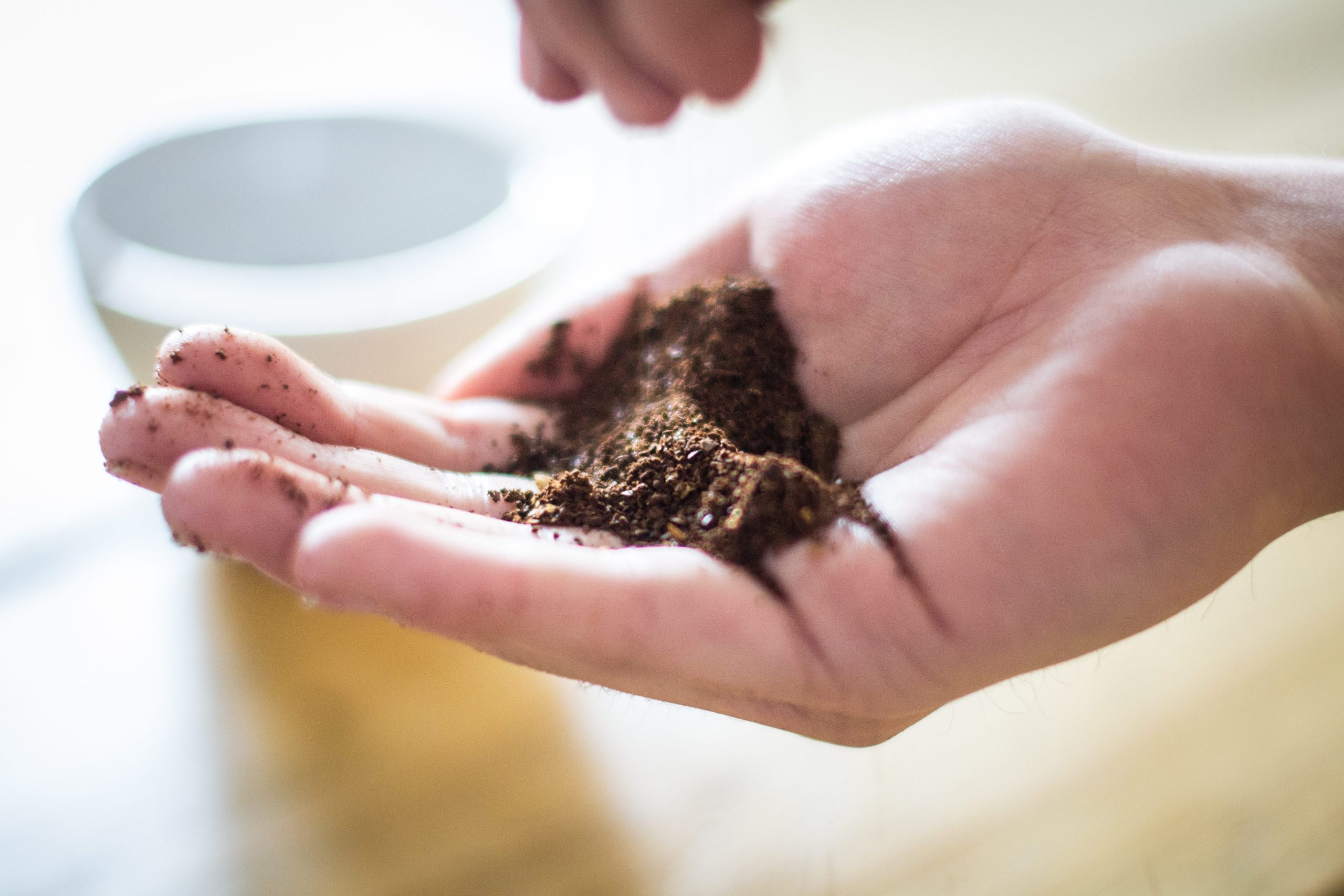Putting Coffee Grounds Down the Sink: Yes or Not? - Key Points You Should Know
Putting Coffee Grounds Down the Sink: Yes or Not? - Key Points You Should Know
Blog Article
They are making a few great pointers on the subject of What are the consequences of putting coffee grounds overall in this post on the next paragraphs.

If you're a devoted coffee drinker, you might be wondering about the best means to take care of your coffee premises. While it may seem hassle-free to clean them down the sink, this method can result in a number of issues for both your plumbing and the setting. In this post, we'll explore whether it's secure to place coffee grounds down the sink and discuss alternative disposal techniques to take into consideration.
Threats of Putting Coffee Grounds Down the Sink
Plumbing Issues
One of the key worry about getting rid of coffee premises down the sink is the risk of blocking your pipes. Coffee grounds do not dissolve in water and can accumulate gradually, creating a dense sludge that can block drains pipes and cause expensive plumbing repairs.
Environmental Impact
Past the prospective damage to your plumbing, placing coffee premises down the sink can likewise damage the environment. When washed into the sewer system, coffee grounds can contribute to obstructions in sewer lines and treatment facilities. In addition, the high concentration of organic matter in coffee premises can deplete oxygen levels in rivers, adversely influencing marine life.
Alternatives to Disposing of Coffee Grounds
Composting
One environmentally friendly choice for disposing of coffee grounds is to compost them. Coffee grounds are rich in nitrogen, making them an exceptional enhancement to compost piles or bins. As they break down, they add nutrients to the soil, enhancing its fertility and texture.
Trash Disposal
If you do not have a composting arrangement, an additional choice is to merely throw your coffee grounds in the trash. Make certain to secure them in a compostable bag or container to stop odors and leakage. While this method does not provide the same environmental advantages as composting, it's a risk-free and practical way to take care of coffee premises.
Tips for Proper Disposal
Use a Sink Strainer
To prevent coffee grounds from entering your sink's drainpipe to begin with, consider making use of a sink filter. These low-cost tools trap strong particles, including coffee grounds, stopping them from triggering blockages.
Routine Maintenance
Regardless of how you select to throw away your coffee grounds, it's necessary to maintain your plumbing frequently. Schedule periodic drain cleanings to remove any type of accumulation and make sure that your pipelines continue to be clear and free-flowing.
Verdict
While it might be alluring to clean coffee grounds down the sink for ease, doing so can have severe repercussions for your plumbing and the environment. Rather, think about composting your coffee grounds or getting rid of them in the trash. By adopting liable disposal methods, you can enjoy your coffee guilt-free while minimizing your eco-friendly footprint.
Coffee Grounds Down The Drain: Are They OK?
Can Coffee Grounds Go Down the Sink?
You may be thinking, “But I pour them down the sink drain every day and I’ve never had a clogged drain!” You see, coffee grounds come from coffee beans, which are virtually rock hard by the time they’re ground and brewed. You certainly wouldn’t want to grind up the pit from a peach, apricot, or nectarine that is about just as hard because they wouldn’t break down like other foods, and it’s the same with coffee beans!
If you usually grind coffee beans in the garbage disposal because it seems the cleanest and convenient, we don’t fault you for that. And anyone who has ever had to clean up the trash with spilled coffee grounds after a dog got into it would understand the rationale. Unfortunately, coffee grounds do not break down in water, so instead of grinding up and washing away as normal foods do in a garbage disposal, they clump together and as time goes by, the grounds can form a clump and pack the drain until it develops a clog.
What to Do With Coffee Grounds
So, what do you do with coffee grounds if you can't put them down the drain? You could of course just throw them in the garbage, but we encourage you to give these practical uses for them a try!
Since coffee grounds contain key minerals for plant growth, you can use them to fertilize your garden. Coffee grounds not only fertilize gardens because they are mineral-rich, but they are also great at absorbing contaminants in the soil, particularly heavy metals. Coffee grounds are said to attract worms, which help gardens flourish. You can use coffee grounds as fertilizer by sprinkling them around your plants. You can compost your coffee grounds and use them at a later time. Coffee grounds are great insect repellents when you place them in bowls or sprinkle them around the areas you want to repel insects. To remove fleas from your dog or cat, simply shampoo your pet then rub coffee grounds throughout their fur. Rinse them off and dry as usual. Like baking soda, used coffee grounds can eliminate odors. You can place them in a bowl in the fridge and let them do the work! Mix coffee grounds with coconut oil for a wonderful face or body scrub, or to reduce the appearance of cellulite. https://www.wintershomeservices.com/blog/2019/august/coffee-grounds-down-the-drain-are-they-ok-/

Do you appreciate more info about What are the consequences of putting coffee grounds? Create a short review directly below. We would be glad to listen to your views about this content. In hopes to see you back again in the future. If you enjoyed reading our blog posting if you please make sure you remember to share it. Thank you for your time. Don't forget to check our blog back soon.
Book Appointment Now Report this page